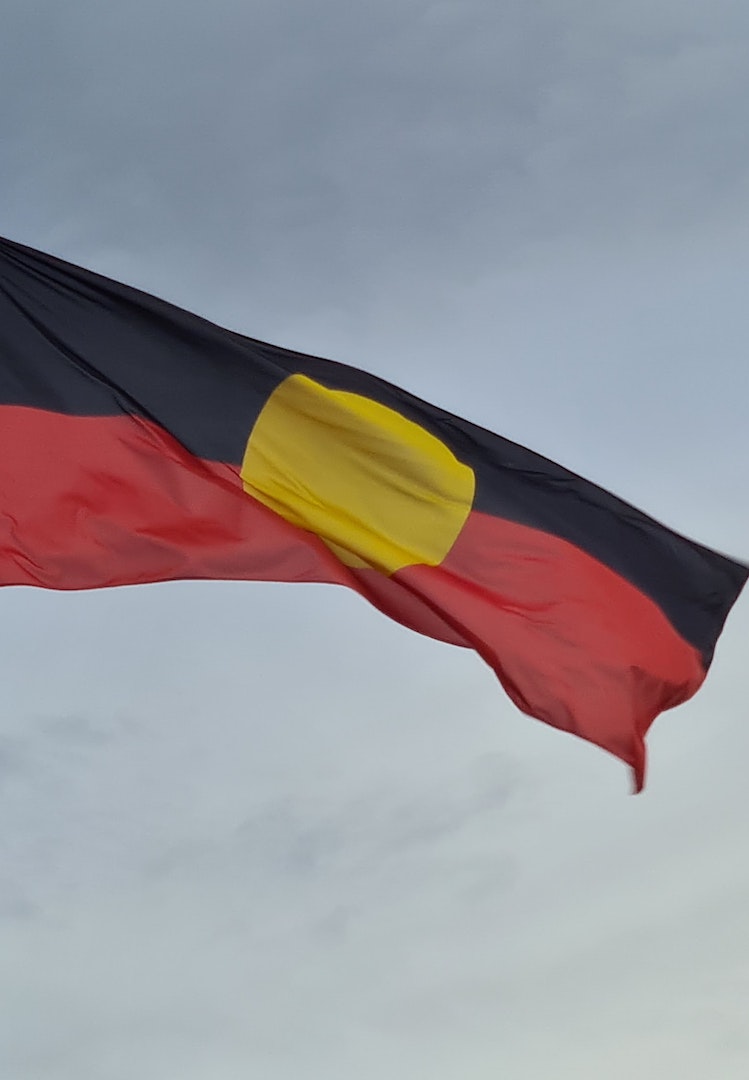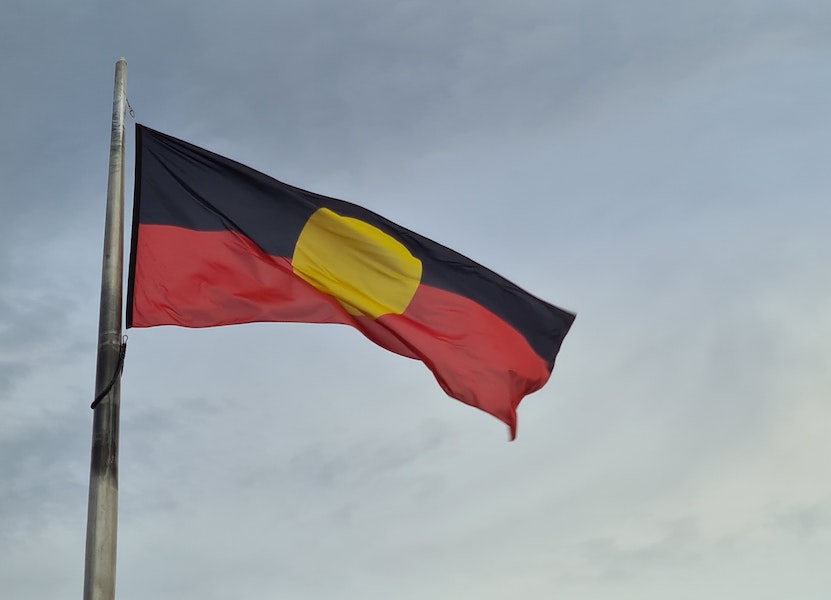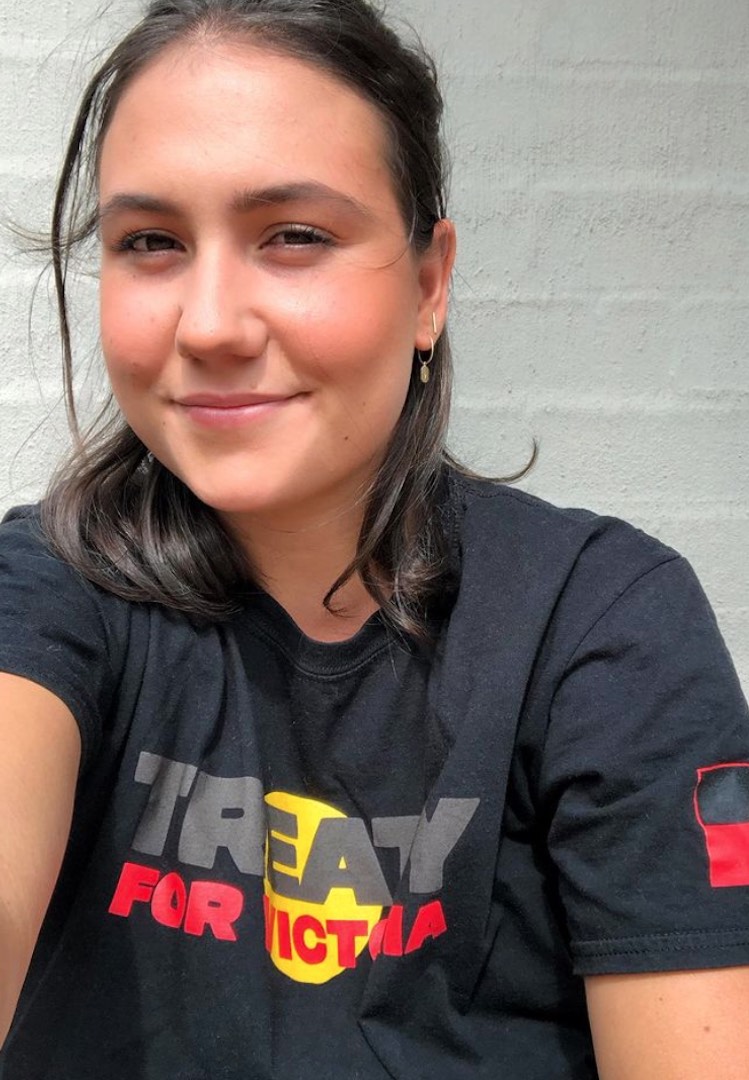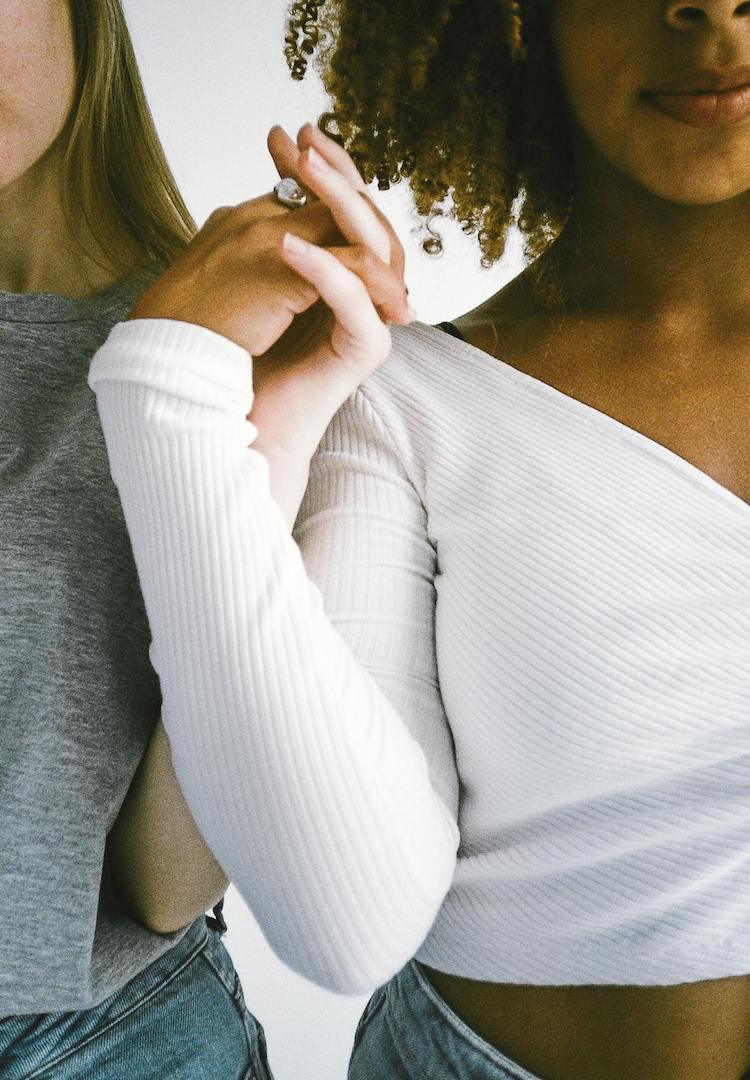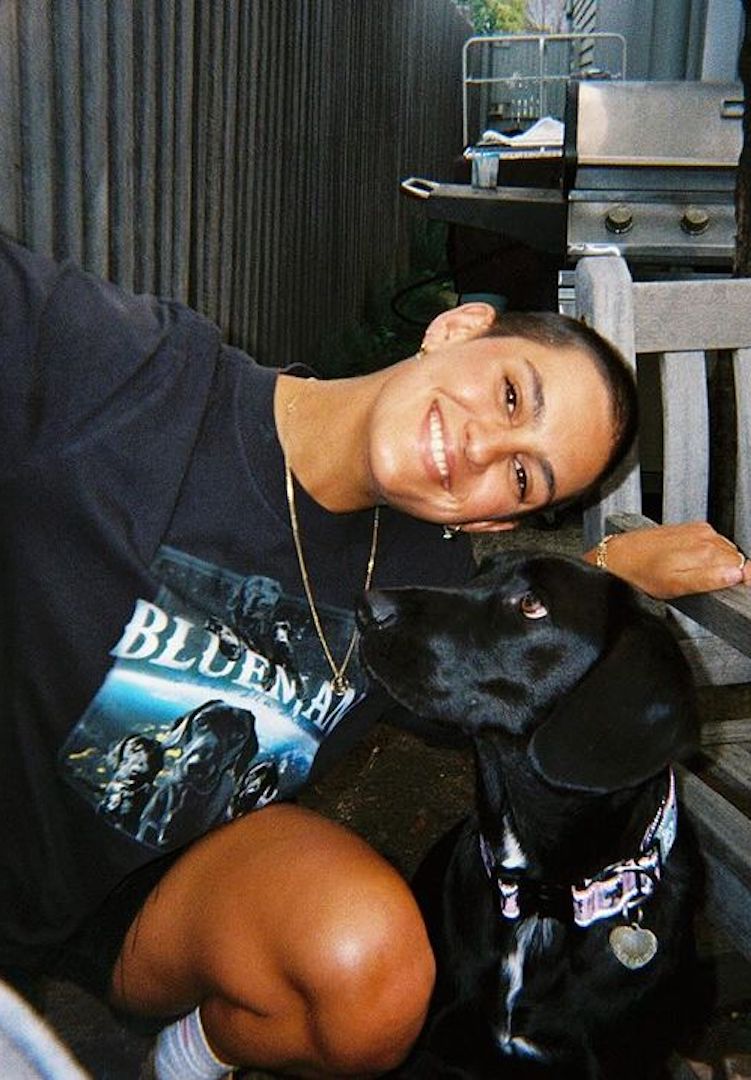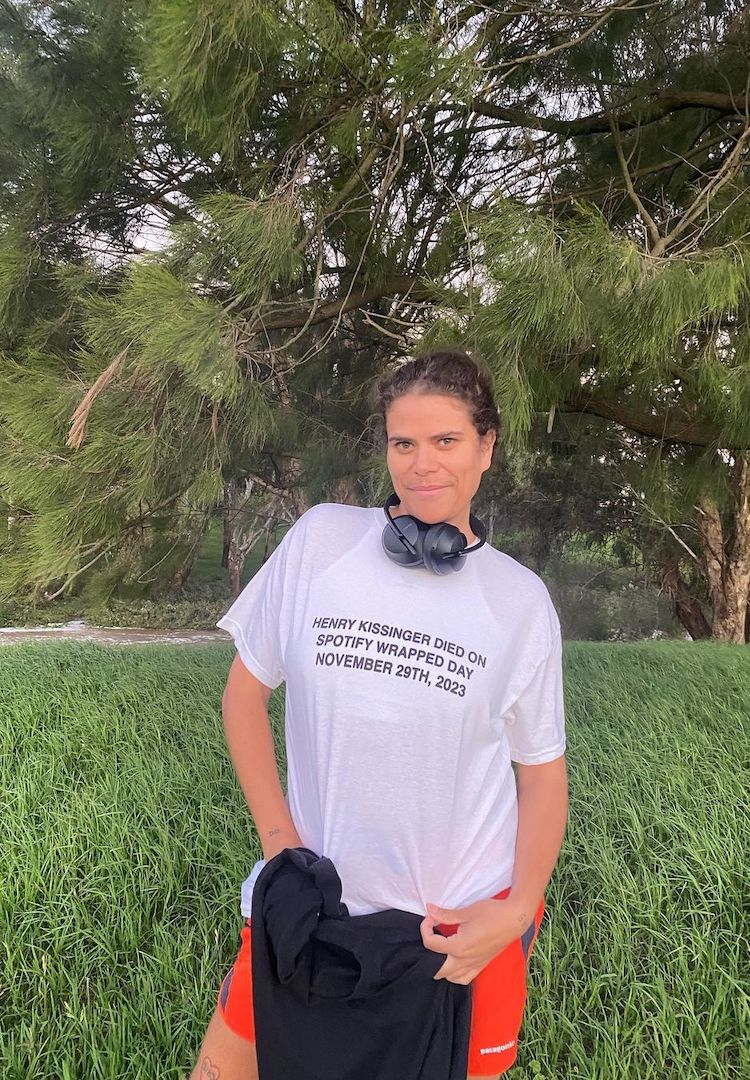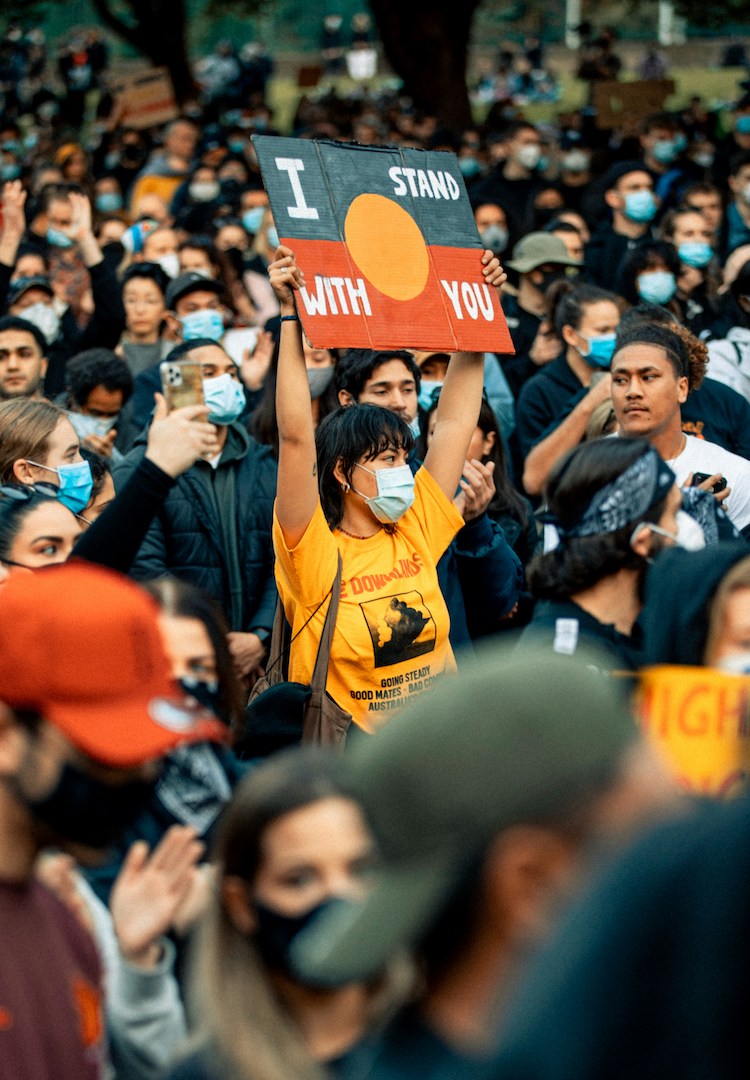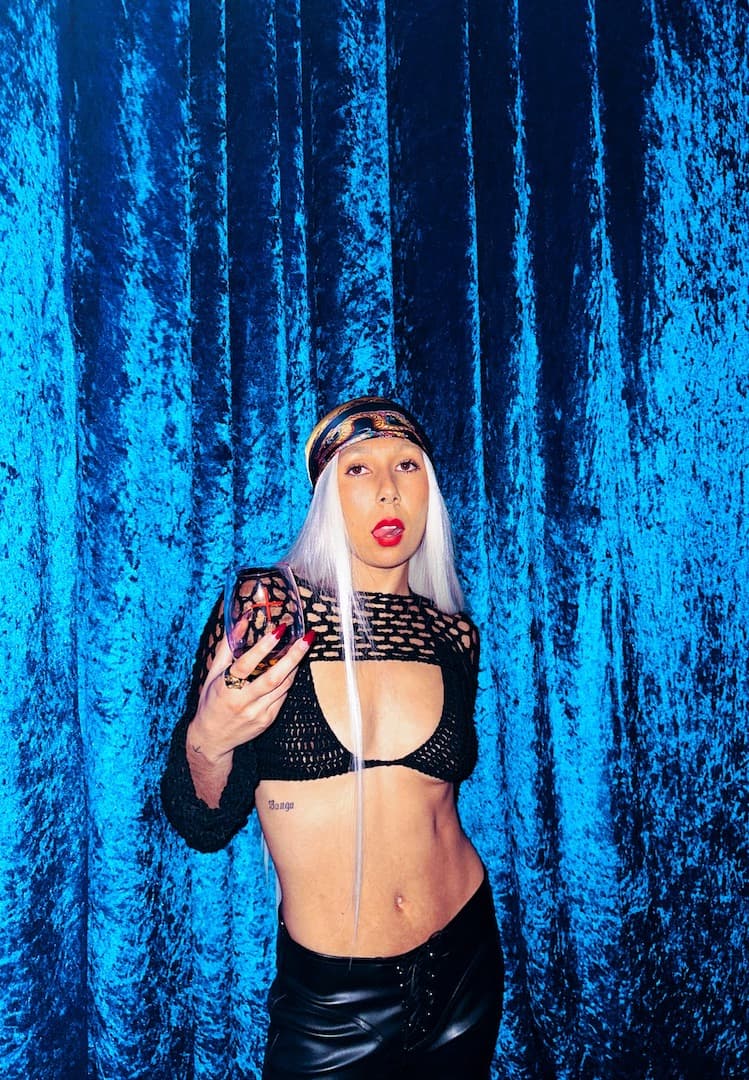How you should be approaching Reconciliation Week as an ally
Words by Kate Streader
True reconciliation requires much more than a week of reflecting.
This week is National Reconciliation Week. The week aims to offer an opportunity for non-Indigenous Australians to learn the history of this country and its traditional owners, and reflect on what needs to be done to reach reconciliation.
But each year as it rolls around, it seems a lot of the heavy lifting in moving towards reconciliation is left to First Nations people. Gamilaroi man and CEO of Indigenous X, Luke Pearson, puts it neatly in his article titled ‘Wake me when Reconciliation Week is over’. “Every Reconciliation Week many of us are asked to go above and beyond the norm to do extra work in the spirit of Reconciliation,” he writes.
Interested to hear how others navigate the world? Head to our Life section.
“A quick look at Indigenous Twitter or Facebook this week will show you tales of workplaces expecting Indigenous staff to organise morning teas, bring in Elders or guest speakers (often unpaid), or share a personal story for the enlightenment/entertainment of their peers.”
That’s why this article is written by a White person. Because while it is incredibly important to amplify Indigenous voices, it is not the job of Indigenous people to educate non-Indigenous people and tell us which resources to seek or what organisations to support. That’s our work to do.
True reconciliation requires much more than a week of reflection. It requires real, systemic change. And maybe now that we have a government with a record number of Indigenous women and a Prime Minister who, in his victory speech, did the bare minimum and opened with an Acknowledgement of Country and a commitment to the Uluru Statement, genuine change is a possibility.
But there is a lot of work to do. So, what can you do to help achieve true reconciliation? Here are some good places to start.
Understand what it’s all about
National Reconciliation Week takes place annually from May 27 until June 3, commemorating two milestone events in the road to reconciliation between Indigenous and White Australians.
May 27 reflects the successful 1967 referendum, which sought to amend the Constitution to allow the Commonwealth to make laws for Aboriginal people and include them in the census.
June 3 is the date of the Mabo decision which saw the High Court rule against terra nullius, which had previously declared Australia as ‘no-man’s land’ prior to White colonisation.
And while encouraging reconciliation is a positive step in the right direction, this week can be a reminder of the trauma First Nations people have experienced as a result of colonisation.
Instead of celebrating National Reconciliation Week, there are a number of other First Nations dates of significance you might prefer to consider. This week, instead, you can put your efforts into fighting the continued systemic oppression of First Nations people in this country. Education and supporting First Nations initiatives is a great place to start.
Tune in online
In the age of technology we live in, in which all the information we could want is forever at our fingertips, there isn’t really an excuse for ignorance. If knowing where to look is your problem, try out one of these Indigenous-led podcasts or follow these First Nations leaders on social media.
Blacademia
Hosted by Gomeroi woman and education academic, Amy Thunig, Blackademia is a podcast for yarns with Aboriginal academics. Each episode features a different guest and covers everything from their personal academic journey to things like imposter syndrome, racism in the education system and how to navigate tertiary education.
Truth Telling With Lidia Thorpe
Victoria’s first Aboriginal Federal Senator, DjabWurrung Gunnai Gunditjmara woman Lidia Thorpe, hosts a podcast that hears from First Nations Elders, experts and activists to discuss injustices, potential solutions and how policy change can create a better future.
Nakkiah Lui and Miranda Tapsell
Gamillaroi/Torres Strait Islander woman Nakkiah Lui and Larrakia woman Miranda Tapsell, the hilarious duo behind ABC’s Get Krack!n, have two podcasts that are well worth listening to. Pretty For An Aboriginal covers sex, relationships, culture, politics and race, while their more recent project, The Debutante: Race, Resistance and Girl Power, focuses on the history of debutante balls and the classist, racist, sexist nature of the tradition.
Diversify your reading
A great way to educate yourself is through reading more Indigenous voices and perspectives. Here are a few publications for keeping up to date on current affairs and conversations, as well as some important books.
Indigenous X
Indigenous X is entirely owned and operated by First Nations people. A media, consultancy and training organisation, Indigenous X hosts workshops for skill development, posts job opportunities and shares important, thoughtful stories by Indigenous authors.
Ascension Mag
Australia’s first Indigenous and ethnic lifestyle magazine, Ascension Mag was launched to create better representation for non-White people in media and to share their stories and give culturally diverse readers empowering content. The magazine spans beauty, fashion, lifestyle, health, arts, culture and more.
National Indigenous Times
National Indigenous Times is a news publication dedicated to issues and stories affecting Aboriginal and Torres Strait Islander people. This is a great resource for keeping informed on current affairs that often don’t receive the coverage they should in mainstream media.
Growing Up Aboriginal In Australia edited by Anita Heiss
An anthology of personal experiences, this book brings together a collection of essays from authors, high-profile identities and new voices to share their stories of growing up Aboriginal in Australia.
Talkin’ Up To The White Woman: Indigenous Women and Feminism
Written by Professor Aileen Moreton-Robinson, this book provides a deep analysis of the White feminism typical in Australia and how it affects Indigenous women. Drawing from feminist literature, media and teachings written by White scholars and activists, Moreton-Robinson demonstrates how power, privilege and the way Indigenous women are portrayed are drenched in whiteness.
Support First Nations organisations
If you’re in a position to donate, there are countless First Nations organisations working in various facets of the community. Below is a non-extensive list of some great places to put your money.
Pay The Rent
Run by First Nations and non-Indigenous people working together, Pay The Rent is a grassroots organisation that allows non-Indigenous people to ‘pay the rent’ for living on stolen land and honour the sovereignty of Aboriginal people. The money is distributed by the Sovereign Body of Indigenous People to directly benefit Indigenous people and communities.
Common Ground
Common Ground is a not-for-profit led by First Nations folks that works to amplify the knowledge, cultures and stories of Indigenous Australians to educate the wider community and build a deeper level of connection and celebration.
Sisters Inside
Sisters Inside works with incarcerated First Nations women and girls to advocate for them and challenge the system that sees Indigenous women overrepresented in prisons. The organisation is guided by the needs and experiences of the women it serves in order to find and fill gaps in the system and ensure women are treated fairly in prisons.
ANTaR
ANTaR works with Aboriginal and Torres Strait Islander leaders and organisations on reconciliation issues and rights. Its campaigns cover a breadth of issues spanning health, justice, cultural heritage protection, land rights and much more.
Healing Foundation
The Healing Foundation is a national organisation that works with communities to help heal the ongoing and intergenerational trauma of the Stolen Generations. The work involves allowing survivors and affected families to tell their stories and take charge of their healing process.
Indigenous Literacy Foundation
The Indigenous Literacy Foundation is a not-for-profit working in over 400 remote communities to provide tools and resources to young Indigenous kids to help shape their literacy skills. The organisation gifts new and culturally relevant books to remote communities, encourages community members to write their own books in their languages and encourages a love of reading from an early age.
indigenousliteracyfoundation.org.au
For more on being an ally, try this.


